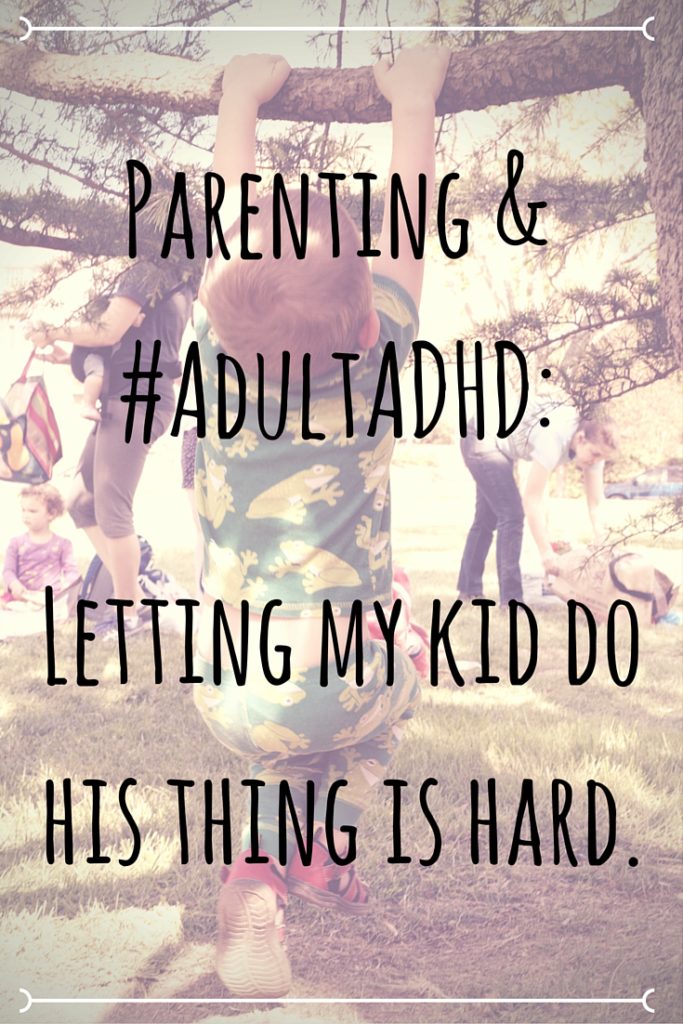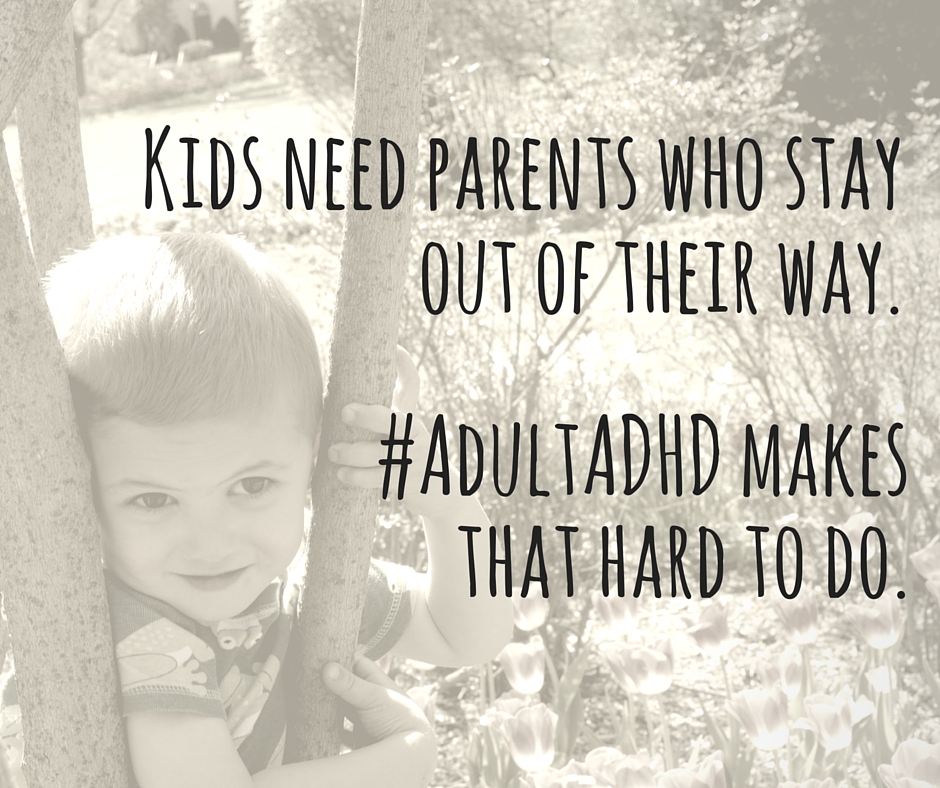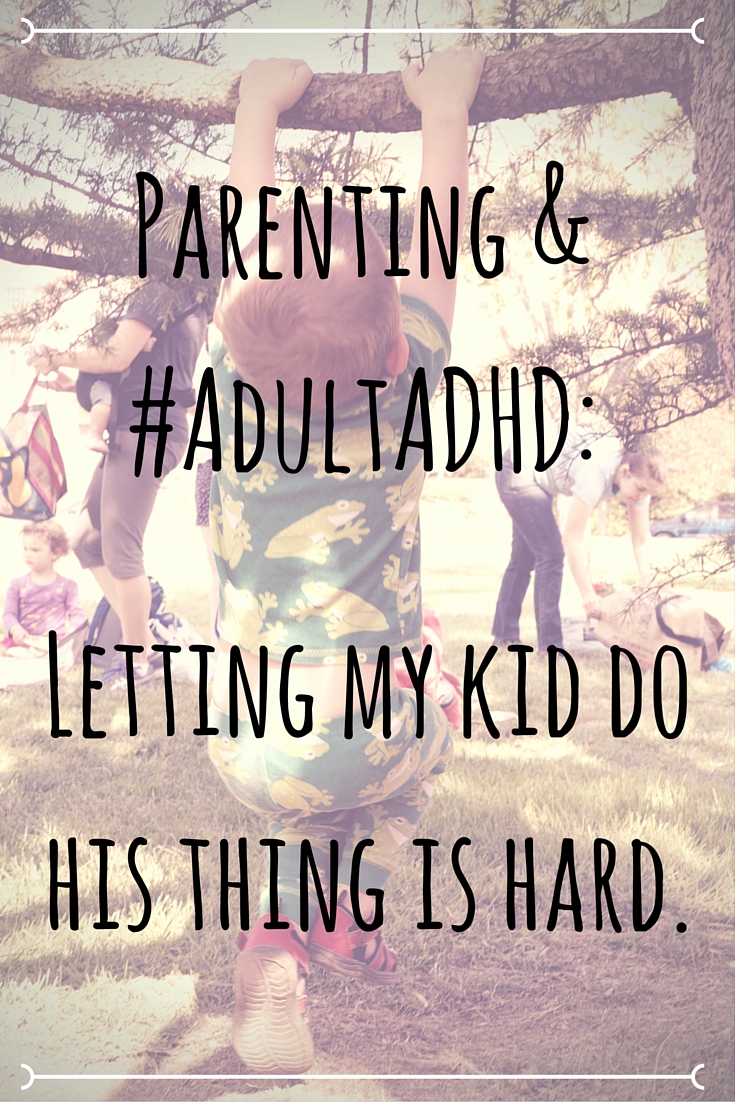 An interaction I had with my three-year-old a couple months ago blew me away. I should’ve been delighted. Instead, I felt deeply sad. And I knew I couldn’t say a thing.
An interaction I had with my three-year-old a couple months ago blew me away. I should’ve been delighted. Instead, I felt deeply sad. And I knew I couldn’t say a thing.
We’d talked about his books before. He had too many to fit on his shelves. One day, he looked at me and said, “Mommy, I want to give Little Critter Snowball Soup away.”
I was flabbergasted. This was one of his favorite stories, one we’d read over and over and over again. He hadn’t asked for it lately, but I was still shocked he’d get rid of it. We talked more. He understood what he was saying: he didn’t enjoy the book anymore and wanted someone else to love it as much as he’d loved it. It needed to become someone else’s favorite.
Then he started pulling more books from the shelf, saying “I only wanted to read this one five times,” and “I don’t enjoy this one anymore.”
Our children mirror us.
As anyone who knows me will attest, my son did only what I taught him to do. I’m an aspiring minimalist, and I believe minimalism has special benefits for people with ADHD. I also believe self-efficacy is the most important gift I can give my child.
My son is generous, thoughtful, and capable of making his own choices. He’s learning to part with material things — even old favorites — that he no longer enjoys.
He needs a mom with impulse control. A mom who knows how to keep her mouth shut and let him do his thing. I haven’t always been that person, but I’m working at it every day.
We don’t start out choosing our reactions.
My core values as a parent, homemaker, and person demand a pretty high level of impulse control. This is something I totally lacked at the beginning of my ADHD journey. Before I started learning about and medicating my ADHD, I didn’t choose my reactions to people and events in life. I didn’t know a choice existed. I thought what happened inside also happened outside — for everyone.
During my first week on stimulant medication, I described in my journal this gap that had opened up between stimulus and response. I felt like I’d discovered a time warp. I gained a few critical seconds (maybe even milliseconds) to notice what I was feeling and attempt to control how I expressed it.

Getting out of the way: tough for any parent, tougher for ADHD parents.
Plenty of parenting books warn against emotional reactions when we’re angry. What about when we’re bittersweet, or when we doubt our child’s choices? It broke my heart to part with some of those books. I desperately wanted to intervene, even though intervening would question his judgement (you’re getting rid of that one?) and undermine his generosity (what if I just hold onto these on my bookshelf?).
I didn’t intervene. He wanted to wish the books well on their journey to someone else. I was as proud of myself as I was of him. My ability to keep my mouth shut empowered him to make his own choice and stand behind it. He felt capable of solving a problem on his own, and I got out of his way. I trusted him. He gained confidence in himself.
This would be hard for anyone, but for someone with a clinically diagnosable deficiency in shutting up? Let’s just say, I never thought I’d see the day. I gave myself time to mourn the books, but after my son was asleep. Burdening him with my complicated emotions — at least in this context — wouldn’t benefit him at all.
Be quiet and leave space for others.
Sometimes, keeping quiet and leaving space for others in our relationships is the most supportive, loving thing we can do.
For adults — and especially parents — with ADHD, it’s also the hardest thing. Our emotions overwhelm us, our reptile brains take over, and we often stop to think long after we’ve already spoken.
But the rewards make it worth it to keep trying, and to take good care of myself and my brain. Because I owe it to my kid, who’s already a better person than I am.
Hey there! Are you enjoying The ADHD Homestead?
Here's the thing: I don't like ads. I don't want to sell your attention to an advertising service run by the world's biggest data mining company. I also value my integrity and my readers' trust above all, which means I accept very few sponsorships/partnerships.
So I'm asking for your support directly. For the cost of one cup of coffee, you can help keep this site unbiased and ad-free.
Below you will find two buttons. The first lets you join our crew of Patreon pals and pledge monthly support for my work. Patrons also have access to my Audioblogs podcast. The second takes you to a simple donation page to pledge one-time or recurring support for The ADHD Homestead, no frills, no strings. Do whichever feels best for you!

